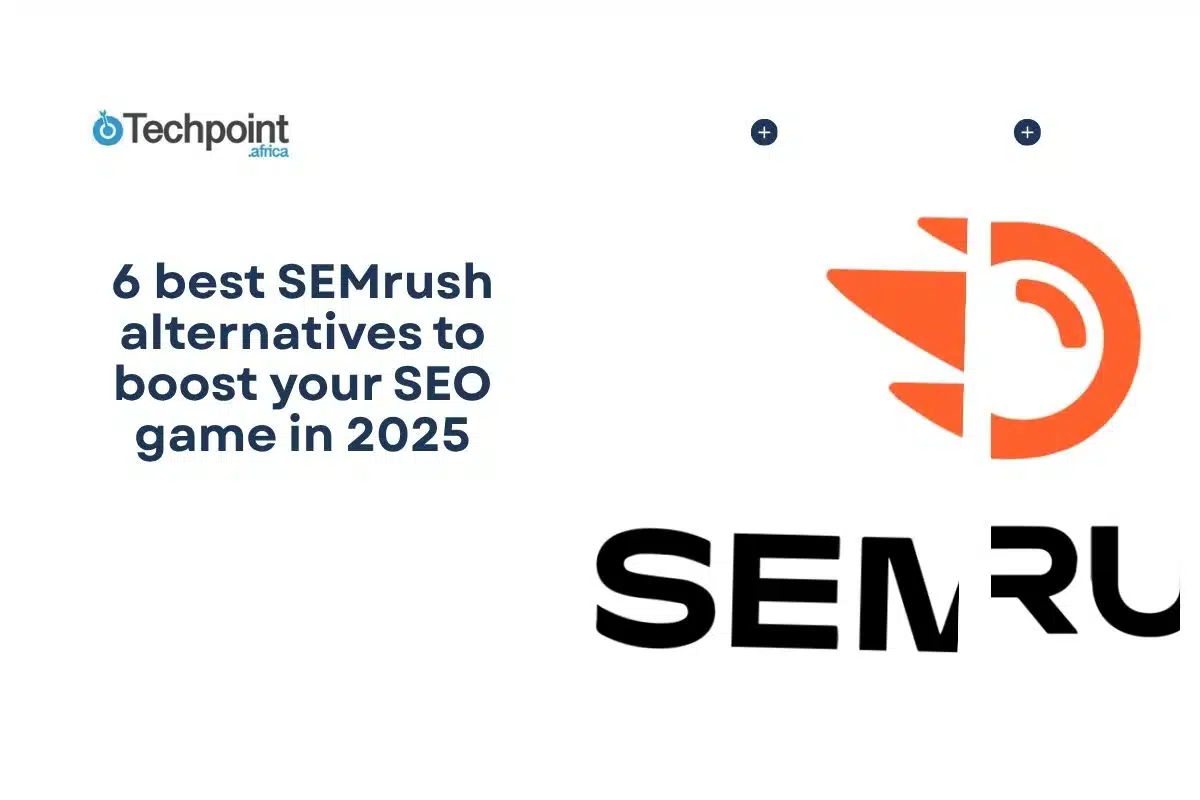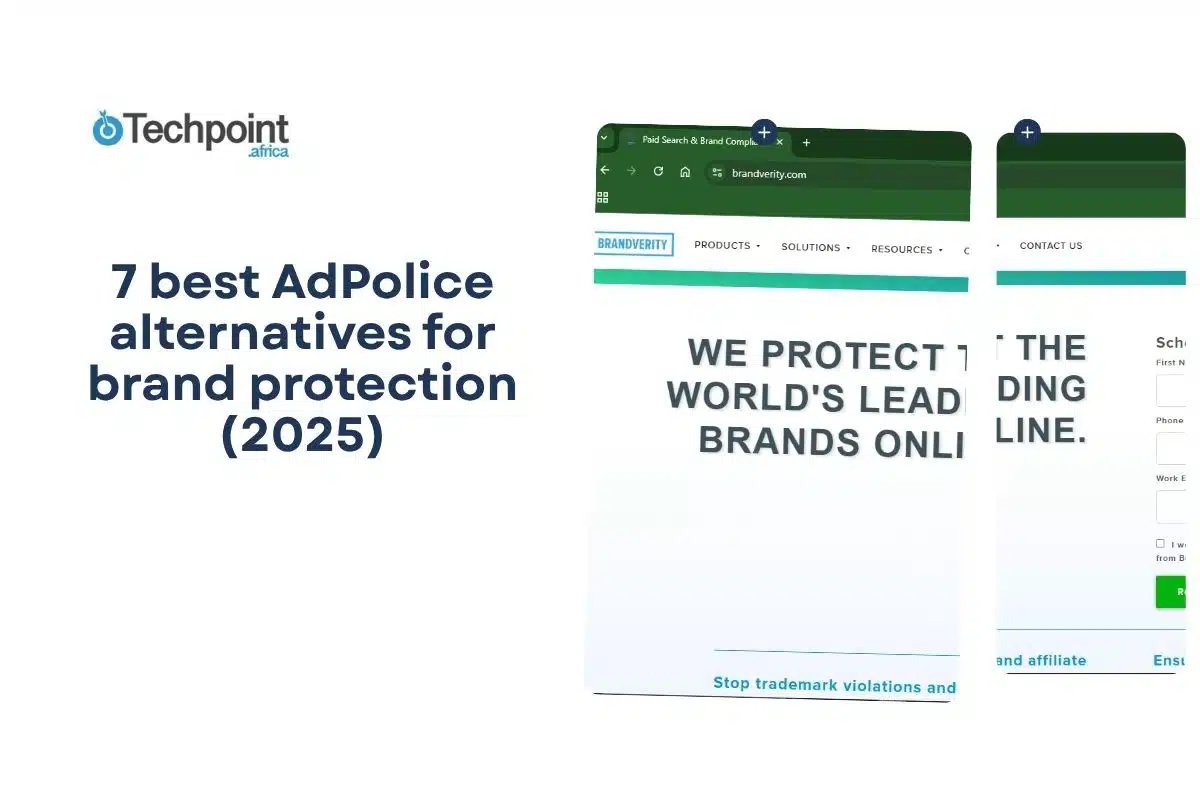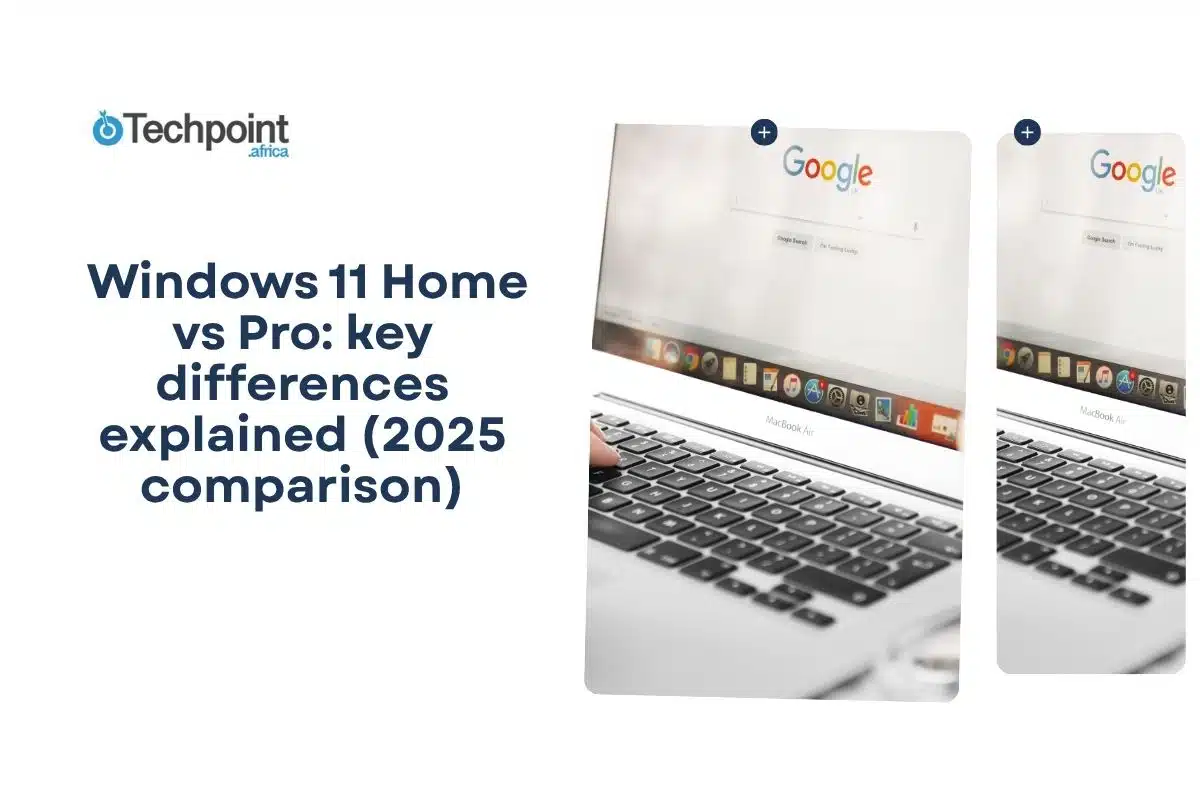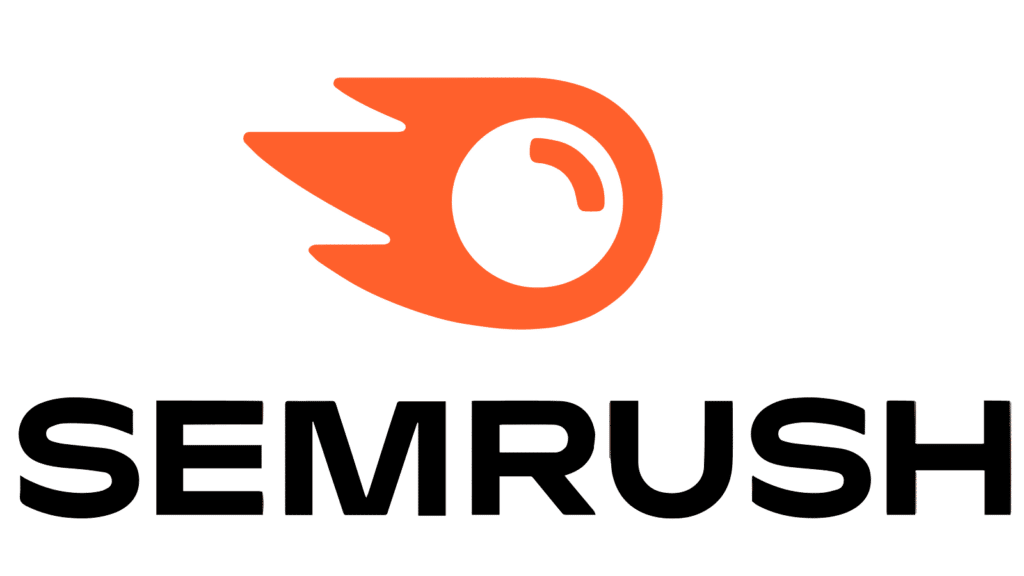
SEMrush is packed with features, but it isn’t flawless for every use case. You may be reading this because you’re seeking SEMrush alternatives that offer more in-depth backlink data, more affordable pricing, or a more straightforward interface. No matter which line you fall into, our list has got you!
In this guide, you’ll learn:
- Which 6 tools rival SEMrush in 2025, and for which use cases?
- What features, limitations, and pricing each tool offers today.
- Which alternative is best for beginners, agencies, or budget-conscious users.
- How to layer a paid tool with a free tool to achieve a full SEO stack without overspending.
6 SEMrush alternatives worth exploring (2025)
- Ahrefs
- Similarweb
- Backlink.com
- Google Keyword Planner
- Google Search Console
- Ubersuggest
An overview of 6 SEMrush alternatives worth exploring in 2025
| Tool | Why It’s a Strong SEMrush Alternative | Key Features | Pricing (2025) | Best For |
| Ahrefs | All-around SEO + backlink powerhouse | Backlink Explorer, keyword research, site audits, and content explorer | Lite ~$129/mo · Standard ~$249 · Advanced ~$449 · Enterprise $1,499+ | Content-driven sites, agencies, and serious link builders |
| Similarweb | Traffic and market-level insight | Traffic sources, geolocation, overlap, channel benchmarking | Competitive Intelligence $199/mo; Pro/SEO tier $399/mo; Premium $649/mo | SEOs needing real-world traffic context |
| Backlink.com | Specialized in link monitoring & cleanup | Backlink audits, lost link tracking, disavow tools, alerts | Via vendor quote | Sites with heavy backlink portfolios or cleanup needs |
| Google Keyword Planner | Direct Google keyword insight | Volume estimation, trends, CPC / competition metrics | Free with Google Ads | Beginners, budget-focused SEOs, and keyword validation |
| Google Search Console | Official domain performance and indexing view | Impressions, clicks, coverage, errors, mobile/full site health | Free | All websites are a foundational tool to complement others |
| Ubersuggest | Budget-friendly all-purpose SEO tool | Keyword ideas and difficulty; backlink insights; site audits | Individual $12/mo; Business $20/mo; Enterprise $40/mo | Freelancers and small sites |
How we picked these SEMrush alternatives
Our selection focused on what real marketers and SEO professionals actually need, so we looked at:
- Feature overlap: Each tool had to match at least one of SEMrush’s core capabilities, such as keyword tracking, backlink analysis, or traffic insights.
- Affordability and access: We favored tools with free versions or affordable entry-level plans, allowing anyone to start optimizing.
- Reliable data: Tools known for fresh, verifiable backlinks or keyword data ranked higher in our tests.
- Scalability: Whether you’re a solo SEO or part of a full agency, the tools here can grow with your projects.
- Transparent pricing: Clear costs and feature limits were crucial, as we needed you to avoid making endless calls to sales reps to understand what you’re paying for.
Now that you’ve read about how we came up with these alternatives, let’s discuss them.
1) Ahrefs — for all-around SEO + backlink

Why Ahrefs is a prime SEMrush alternative
Ahrefs offers a vast backlink index, strong keyword tools, site auditing, and content explorer—all in one platform. Many SEOs choose it as a SEMrush alternative for deeper link intelligence and more stable metrics over time. Its reputation for data quality, especially in link analysis, often makes it a go-to tool for link-driven SEO strategies.
Features
- Site Explorer for backlink analysis, referring domains, and anchor text breakdowns
- Keywords Explorer with difficulty, volume, and click potential
- Site Audit and health checks
- Rank Tracker and content gap tools
- Content Explorer to find top-performing content in your niche
Pricing (2025)
- Lite / Starter: ~$129/month — core features, smaller limits.
- Standard: ~$249/month — more projects, extended limits.
- Advanced: ~$449/month — high usage tiers.
- Enterprise: $1,499+ for large-scale operations.
Ahrefs also offers a free “Webmaster Tools” tier that allows site owners to monitor specific metrics for their own domains.
Pros
- Among the most trusted backlink datasets
- Rigorous link and domain metrics with a historical perspective
- Powerful “Content Explorer” for content strategy
Cons
- Steep pricing for larger teams
- Some limits on export, API, or usage based on plan
- Learning curve is steeper than with simpler tools
Best for
Content-heavy sites, link-building campaigns, and agencies that rely on backlink intelligence
2) Similarweb — for traffic and market-level insight
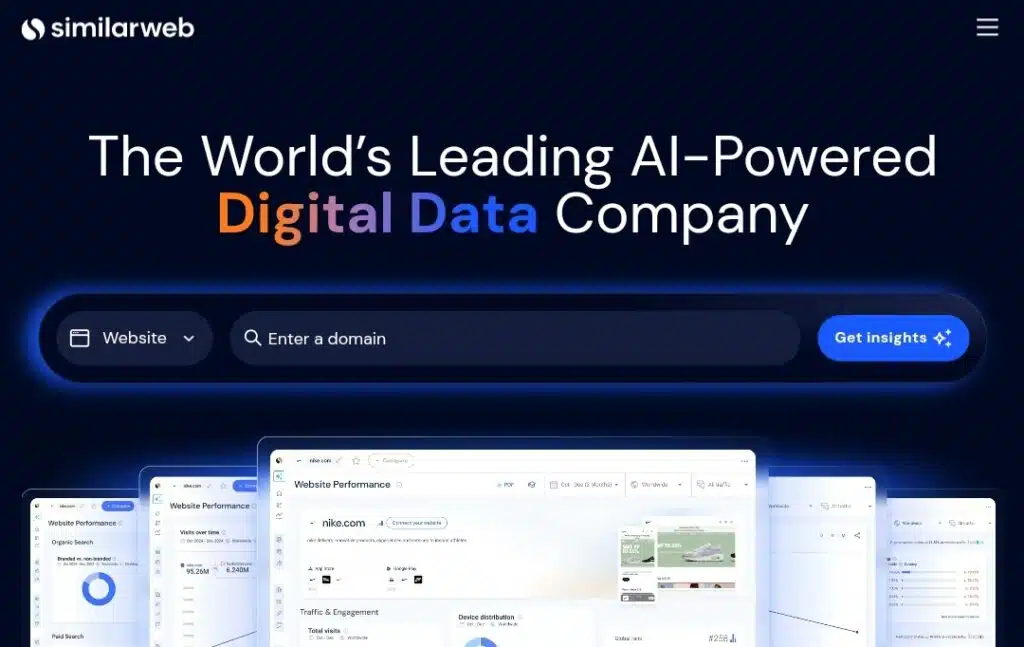
Why Similarweb is meaningful as a SEMrush alternative
Similarweb doesn’t try to replicate every SEO function. Instead, it excels at showing you where your competitors really generate traffic—what channels, what referrals, and how their paid versus organic mix shifts. Use it as a lens to view market trends and inform keyword or content opportunities from a traffic-logic perspective.
Features
- Traffic source breakdowns: direct, search, referral, social, paid
- Geography-based traffic metrics and user engagement
- Audience overlap and affinity reports
- Channel benchmarking and category insights
Pricing (2025)
- Competitive Intelligence – Best for researchers & analysts
- Monthly: $199/month
- Annual: $125/month (billed annually)
- Competitive Intel & SEO (Most Popular) – Best for marketers & SEO managers
- Monthly: $399/mo
- Annual: $335/mo (billed annually)
- Competitive Intel, SEO & Ads – Best for performance marketers
- Monthly: $649/month
- Annual: $540/month (billed annually)
Pros
- Extremely good at revealing how real traffic is flowing
- Helps catch shifts in demand or competitive investments
- Complements keyword tools by anchoring to real-world traffic
Cons
- Doesn’t offer deep backlinks or ad-copy scraping
- Expensive for full-feature usage
Best for
SEOs who want to prioritize content or keyword work based on actual competitor traffic behavior
3) Backlink.com — A specialty tool for link monitoring and repair
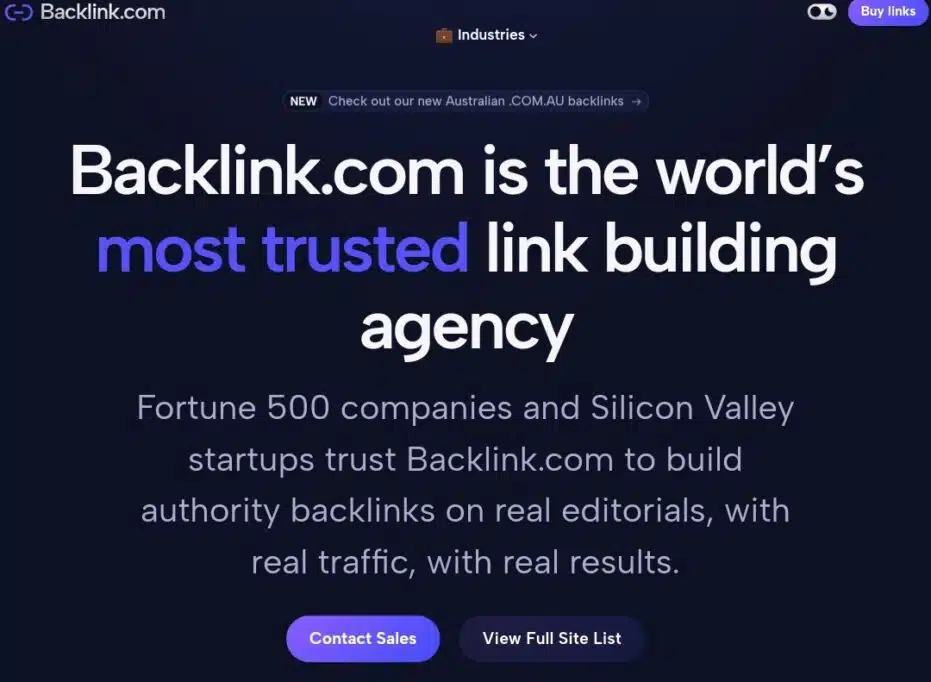
Why Backlink.com is a solid SEMrush alternative
If your SEO workload leans heavily toward link health, cleanup, and monitoring, Backlink.com is built for that vertical. It strips away broad SEO fluff and zeroes in on backlink analytics, audits, link monitoring, and cleanup services. Where SEMrush tries to be a full-suite tool, Backlink.com is more vertical and nimble in the link domain.
Features
- Automated backlink audits and health checks
- Monitoring of lost and broken links
- Disavow recommendation features
- Historical link tracking and alerts
Pricing (2025)
Backlink.com pricing is typically obtained through a vendor or consultation.
Pros
- Focused tool for link integrity and cleanup
- Easier to onboard than full-suite platforms
- Alerts and automation help protect SEO value
Cons
- Not suited for deep keyword or traffic insights
- Requires pairing with a broader SEO tool
Best for
Sites with large backlink portfolios or agencies managing link risk and cleanup
4) Google Keyword Planner — free, foundational keyword tool
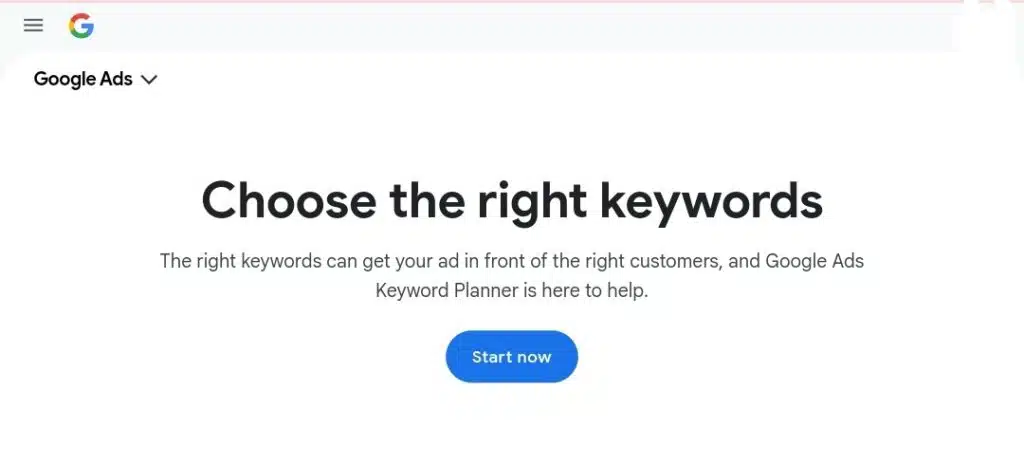
Why Keyword Planner is still a powerful SEMrush replacement
As Google’s own keyword tool, it gives you direct insight into search volumes, keyword suggestion trends, and PPC cost estimates. While it lacks competitive intelligence features like ad-copy archives or backlink data, it remains an essential foundational tool, especially for SEOs who want to anchor their strategy in Google’s own data.
Features
- Keyword suggestion and volume estimates
- Seasonal trends and forecasting
- CPC and competition estimation (for advertisers)
- Integration with Google Ads to test and expand keyword lists
Pricing
Free — included with a Google Ads account
Pros
- Direct access to Google’s search data
- No cost and real-world volume reference
- Helpful in validating keyword ideas before committing
Cons
- No insight into competitor ad copy or backlink profiles
- Lacks historical trend depth and comparison data
Best for
SEO beginners, budget teams, and anyone validating keyword lists before scaling
5) Google Search Console — your official site-performance and indexing tool
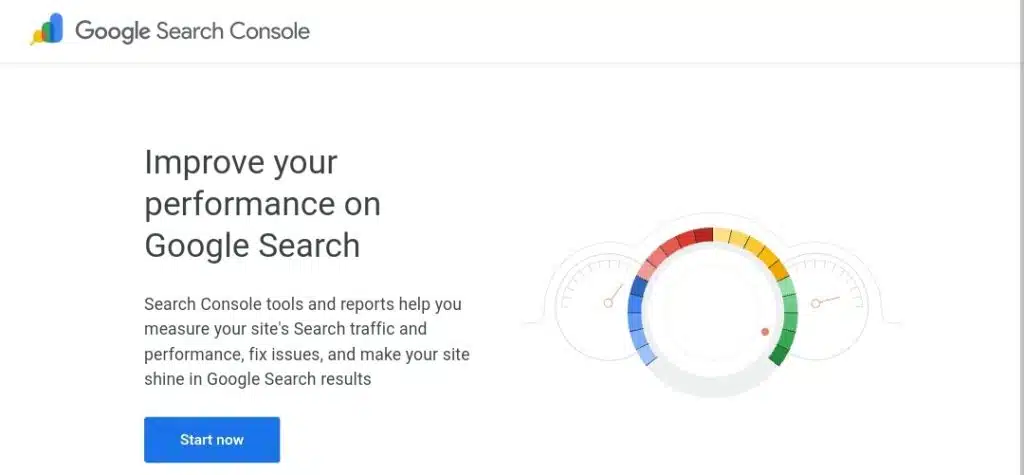
Why GSC is a non-negotiable SEMrush alternative
Search Console provides data directly from Google, including information on queries that generate impressions, which pages are indexed (or not), coverage errors, and mobile usability issues. It cannot dig into competitor keywords, but for your own domain, it’s vital. It uncovers what Google “sees” on your site, often revealing technical and query gaps that third-party tools miss.
Features
- Performance reports: clicks, impressions, CTR by query and page
- Coverage index status and error diagnostics
- URL inspection and page-level crawl status
- Mobile usability and Core Web Vitals reports
Pricing
Free
Pros
- Direct and official data from Google
- Strong diagnostic capabilities for your domain
- Alerts and log data for indexing issues
Cons
- Only works for your domain (not competitors)
- No keyword scraping or link data
Best for
All sites but must have a tool to complement any external SEO analytics
6) Ubersuggest — budget-friendly, beginner-leaning alternative
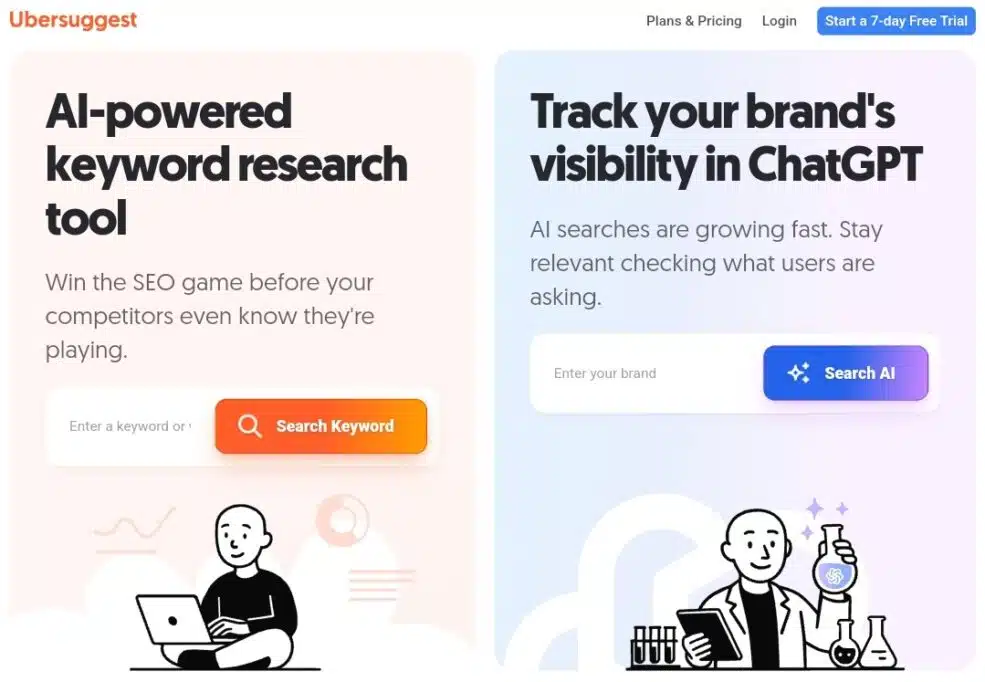
Why Ubersuggest deserves a spot as a SEMrush alternative
Ubersuggest, developed by Neil Patel, offers a simplified version of SEO functions—keyword research, backlink data, and site audits—at a lower cost and with less complexity. Its cleaner interface and lower barrier of entry make it a good match for solopreneurs or small firms who want SEO power without high overhead.
Features
- Keyword ideas, volume, difficulty, and seasonal trends
- Backlink insights (new/lost links)
- Site audit for technical SEO
- Competitor domain analysis
Pricing (2025)
- Individual plan: $12/month | Lifetime plan: $120
- Business plan: $20/month | Lifetime plan: $200
- Enterprise / Agency: $40/month | Lifetime plan: $400
Pros
- Very accessible pricing
- Sufficient for small domains and basic SEO needs
- Friendly interface and fast setup
Cons
- Backlink database is smaller vs. Ahrefs or SEMrush
- Search or export limits may constrain higher-level use
Best for
Freelancers and small websites just starting out with SEO
Final takeaways
- For in-depth backlink analysis and link-building, Ahrefs and Backlink.com deliver the strongest results.
- To understand audience behavior and market-level trends, Similarweb is your best ally.
- Utilize Google Keyword Planner and Search Console as complementary tools for validating keyword and site performance.
- For SEOs on a budget, Ubersuggest strikes a practical balance of simplicity, affordability, and actionable insights.
Final words on SEMrush alternatives for SEO
You don’t have to stay tied to SEMrush to build winning SEO campaigns.
Some of its strongest rivals now outperform it in key areas. Ahrefs leads in backlink data, Similarweb excels at traffic and audience insights, and Ubersuggest simplifies keyword discovery for everyday users.
Here’s a smart next step: choose one paid tool (such as Ahrefs or Backlink.com) to cover your most enormous SEO gap, then pair it with a free option like Google Search Console or Keyword Planner for ongoing performance tracking.
Run both together for a month. Compare keyword accuracy, backlink data, and overall usability to determine the best option. The combo that delivers the clearest insight per dollar is your ideal long-term SEO stack. Then stick with it, but evaluate as you go.

